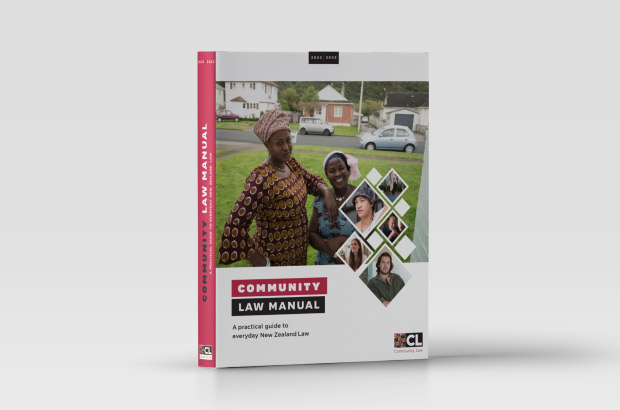Different types of employment agreements and arrangements
Individual employment agreements
What is an individual employment agreement?
Employment Relations Act 2000, ss 60 – 69
An individual employment agreement covers one employee and one employer.
They can be used when:
- there’s no collective agreement that covers your job, or
- there is a collective agreement but you’re not a member of the relevant union and don’t want to join the union.
What must be in an individual employment agreement?
Employment Relations Act 2000, ss 65, 67C, 69OJ
An individual employment agreement must be in writing and can contain whatever terms you and your employer have agreed on.
However, the agreement must include at least the following terms:
- Names – the names of you and your employer
- Work – a description of the work you’ll be doing
- Place – where your workplace will be
- Hours –the arrangements for the times that you’ll work. If you and your boss have agreed on set hours, these must be stated in your written agreement.
- Pay – the wages or salary that you’ll be paid
- Services for resolving problems – a plain-language explanation of the services available for resolving employment relationship problems
- Rates for public holidays – a requirement that you must be paid at least time and a half if you work public holidays
- Protection in restructures – for most industries, a clause stating how you’ll be protected if your employer’s business is restructured. This doesn’t apply to industries like cleaning and catering services where workers have special legal protections because they’re particularly vulnerable to restructuring (see: “Migrants and other vulnerable workers”).
An individual agreement can’t give you worse conditions than the minimum employment rights set out in law. For example, an employment agreement can’t take away your rights to minimum breaks. Even if you sign an agreement that says this, it isn’t valid.
If your employer breaches any of those requirements for your individual agreement, you (or a labour inspector) can ask the ERA to order your employer to pay a monetary penalty.


